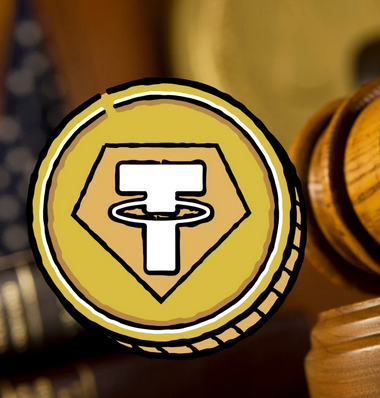England’s High Court rules Tether’s stablecoin USDT qualifies as property
The High Court of Justice for England and Wales issued a ruling that allowed Tether’s stablecoin USDT to qualify as property. The ruling came just a day after the jurisdiction’s administration declared it would commence legislation on digital currencies
The High Court of Justice for England and Wales issued a ruling that allowed Tether’s stablecoin USDT to qualify as property. The ruling came just a day after the jurisdiction’s administration declared it would commence legislation on digital currencies.
The High Court of Justice for England and Wales ruled that Tether’s USDT, the largest stablecoin by market capitalization, qualifies as property. The ruling is the first-ever after a full trial under the current U.K. regulations and shines a spotlight on the status and treatment of blockchain-powered virtual assets.
England’s High Court rules that USDT qualifies as property
The court documents were filed on Thursday, 13th September. Deputy High Court Judge Richard Farnhill said in the filings that USDT qualifies to be a subject of property rights under the United Kingdom regulations.
Farnhill further added that stablecoin is subject to tracing and constitutes trust property similar to other declared property. Notably, the court highlighted that stablecoin is a unique form of property not premised on an underlying legal right.
“USDT attract property rights under English law. It can be the subject of tracing and can constitute trust property in the same way as other property.”
– Richard Farnhill
Cryptocurrency scam victim Fabrizio D’Aloia forwarded the case to the court with the main focus on the Thai exchange Bitkub as one of the defendants.
The court documents also reveal that D’Aloia’s case referenced six other defendants, including Binance, two unidentified individuals alleged to be scammers, Gate Technology Corp., Aux Cayes Fintech, and Polo Digital Assets. However, the court filings indicate that the case against Binance was settled.
The court’s decision also favored Bitkub exchange. The court documents indicate the plaintiff had no claim against the company since it did not receive any assets from him. Farnhill mentioned in the court documents that there was no flawed transaction between the plaintiff and the exchange.






